Janet Wang was a junior in high school when she watched “Better Luck Tomorrow,” a movie about a group of high-achieving Asian American high schoolers with a penchant for theft and murder. In the darkened theater, she saw a reflection of herself — not in the criminal activities, but in the nuanced portrayals of complex kids growing up in the suburbs.
It was the first time Wang saw a cast that looked like her starring in a highly stylized movie like the MTV videos and shows she loved. Plus, it was being played in theaters. The experience changed her brain chemistry.
“I think it was just very revolutionary,” said Wang, now 37, and a podcaster on “Asian Boss Girl” about “Better Luck Tomorrow,” the independent film that 20 years ago on April 11, 2003, premiered in theaters distributed by MTV and changed how Hollywood saw Asian Americans. The film’s impact can be measured by the number of millennials who credit it with inspiring and fomenting their cultural identities.
“That’s irrefutable,” said Parry Shen, the actor who played clean cut, basketball-loving Ben Manibag. Asian American actors like Manny Jacinto, who was in high school when “Better Luck Tomorrow” came out, now greet Shen in audition rooms and industry events to say the film was a turning point in their lives.
“There wasn’t anything like it at the time,” said Shen.
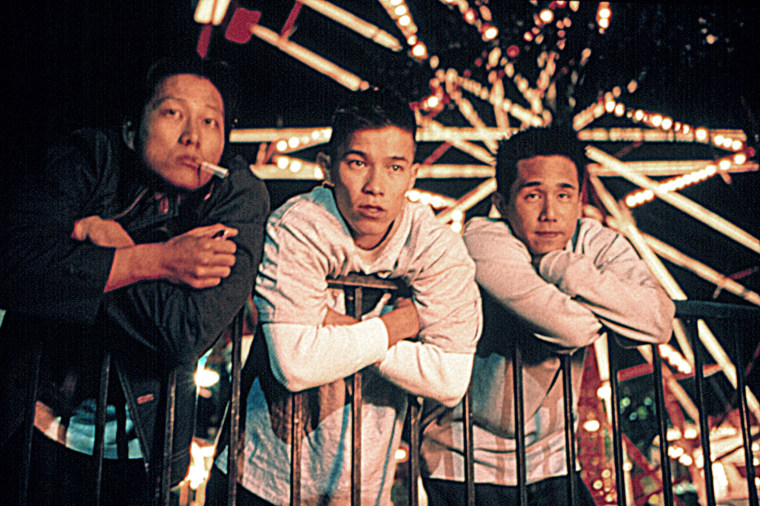 From left, Sung Kang, Jason Tobin, and Parry Shen in "Better Luck Tomorrow."MTV Films / Courtesy Everett Collection
From left, Sung Kang, Jason Tobin, and Parry Shen in "Better Luck Tomorrow."MTV Films / Courtesy Everett Collection“Better Luck Tomorrow” subverted stereotypes and pushed open doors for Asian representation in lead roles as American high school teenagers who use their academic success to cloak a drug dealing ring and a murder-for-hire gone wrong. Critics have said it made space for shows like “Quantum Leap” starring Raymond Lee and “Everything Everywhere All at Once.”
At the time, “Better Luck Tomorrow” was one of the few films that didn’t portray Asian Americans as either quiet and hardworking model minorities or the racialized “other” whose foreignness was the butt of the joke. (Exhibit A and B: The antipodal shadows of “The Joy Luck Club” and Long Duk Dong.) Instead it portrayed them as nuanced and complex main characters who are straight-A students who snort cocaine, cross a prostitute’s boundary and steal computer equipment. It is a coming-of-age film that feels like the romantic comedies that defined the era — just darker, said Wang.
Nancy Wang Yuen, a sociologist and expert on race and racism in Hollywood, said that in the early 2000s, Asian Americans were not seen as capable of having complexity. “Better Luck Tomorrow” was “the first of its kind in terms of just showing Asian Americans as complex anti-heroes,” said Yuen.
The mindset shift led to an infamous 2002 Sundance Film Festival showdown between film critic Roger Ebert and another audience member who questioned why filmmaker Justin Lin would choose to portray Asian American teens as strung-out, gun-toting and (gasp) test-cheating people. Ebert stood on the theater’s folding chair and defended the film. It was a permission slip for Hollywood and actors to reimagine Asian Americans in more complicated roles. Asian Americans, Ebert said, “have the right to be whoever the hell they want to be,” and “Better Luck Tomorrow” showed the world that Asian Americans could be cool.
“I didn’t grow up wanting to be an actor playing good Asian boys,” said Jason Tobin, the actor who played Virgil Hu, the unbridled teenager who totes a gun in the film. “I grew up wanting to be Robert De Niro and wanting to represent my ‘people’ by being a great actor and telling important stories.”
After all, this was the ennui of Asian American youth living in the suburbs where parental and cultural expectations clashed with their lived American life. The film is rumored to be based on a true Orange County murder. These were kids on the precipice of establishing generational wealth, but still felt roils of anger and displacement from living in America. The complexities of these feelings are reflected on-screen in Virgil’s eyes, shining with excitement in a scene after he beats up high school jocks at a party. The thrill of the fight transmutes into fear, and he breaks down and cries.
The film captured the tension and the rage of real life, said Yuen. “We all kind of want to succeed, but then have the potential to be enraged and act out on that rage.”
Critics have long pointed out that the film showed that Asian Americans can inhabit more than one space — that they can be ambitious, sexy and mysterious like the motorcycle-riding Steve Choe character (a simmering matinee movie star in John Cho, who is the biggest acting star to come out of this film). They can be nerds and murderers. “I can’t tell you how many times I’ve heard someone say I knew kids just like the ones in ‘BLT,’” said Tobin.
When the film was released in 2003, theatergoers showed support, said Shen. This was before YouTube and social media, so coordination efforts to support the film on its opening weekend still came from word-of-mouth and grassroots organization. Shen heard stories about college Asian American organizations that rented buses to take people to the theaters. Legend has it that Quentin Tarantino yelled at theater employees to let him into a packed screening because he wanted to support the film.
Shen popped into as many screenings as possible to thank moviegoers. In New York, he walked into a theater right before the film ended to take in the audience’s reactions — they laughed and gasped in shock at the right places. It was like nothing he had ever experienced.
“It was like bananas, you know?” said Shen.
“Better Luck Tomorrow” changed the Hollywood landscape and Asian America’s self-perception. Shen started seeing the shift slowly after the film’s release. Back then, there were just a handful of Asian American actors in notable roles. Now, he can’t keep count.
The film left the fate of the Asian American characters open-ended, and 20 years after it premiered, the two actors who played Ben and Virgil are calling for some closure.
“’BLT’ is a cult classic and I think it deserves a sequel,” said Tobin.
.png)
 1 year ago
5
1 year ago
5
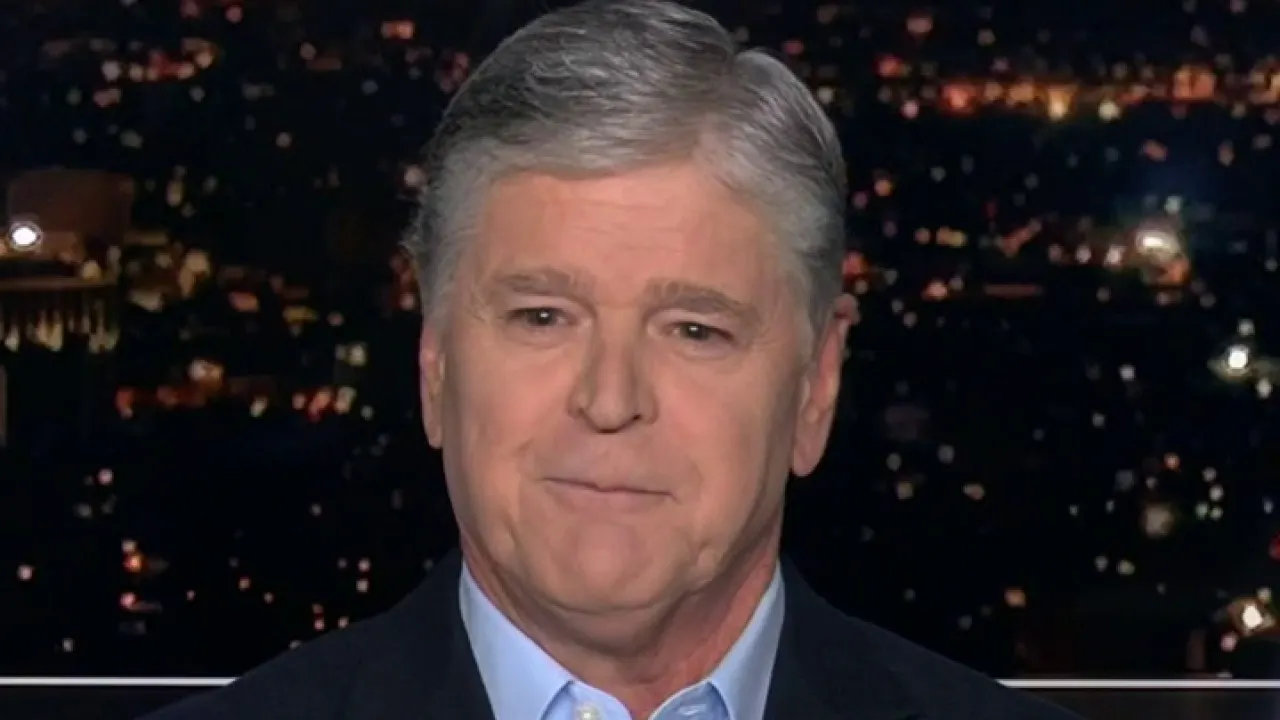
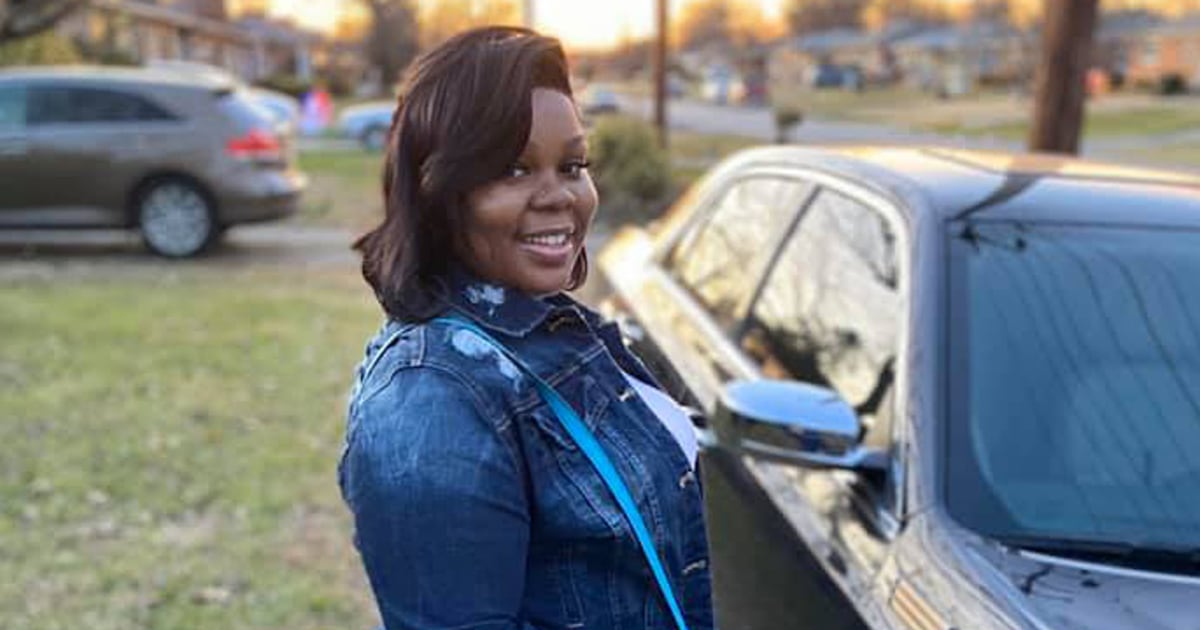
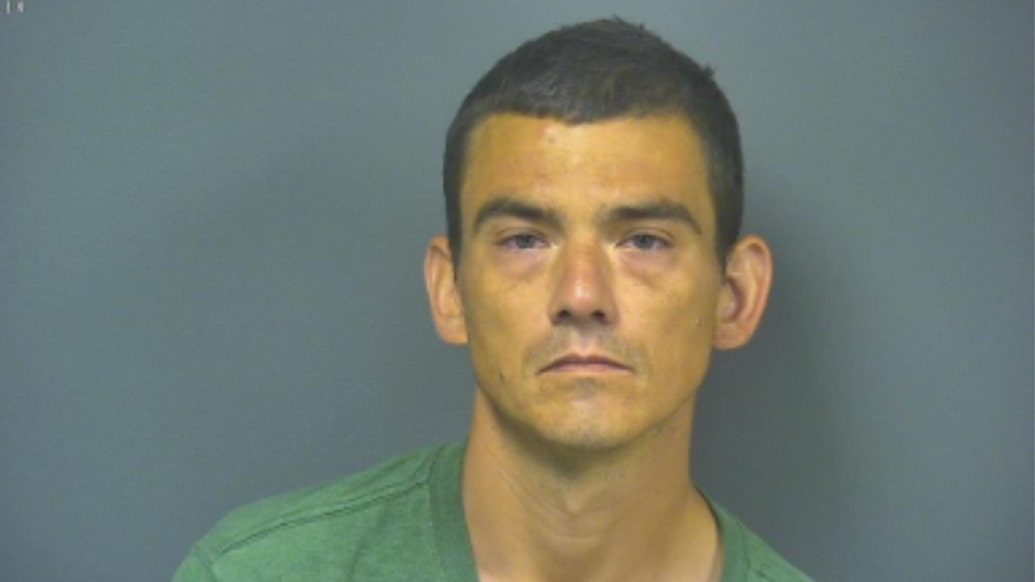



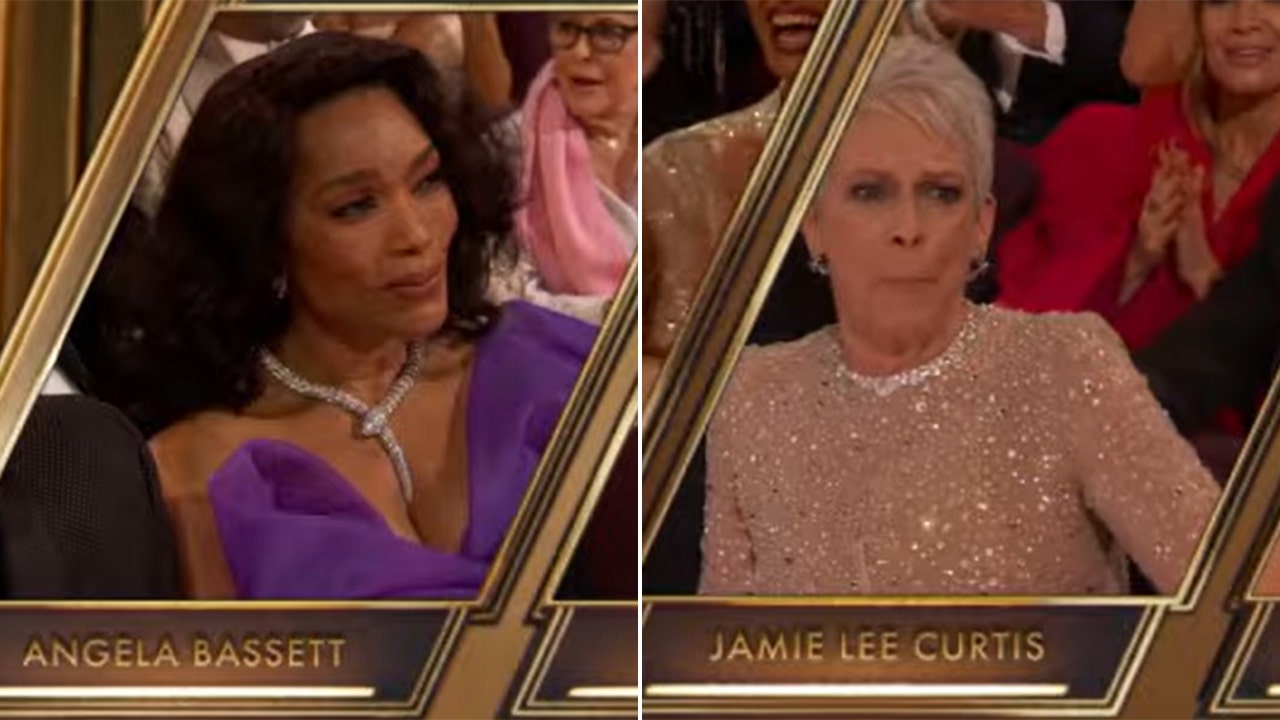

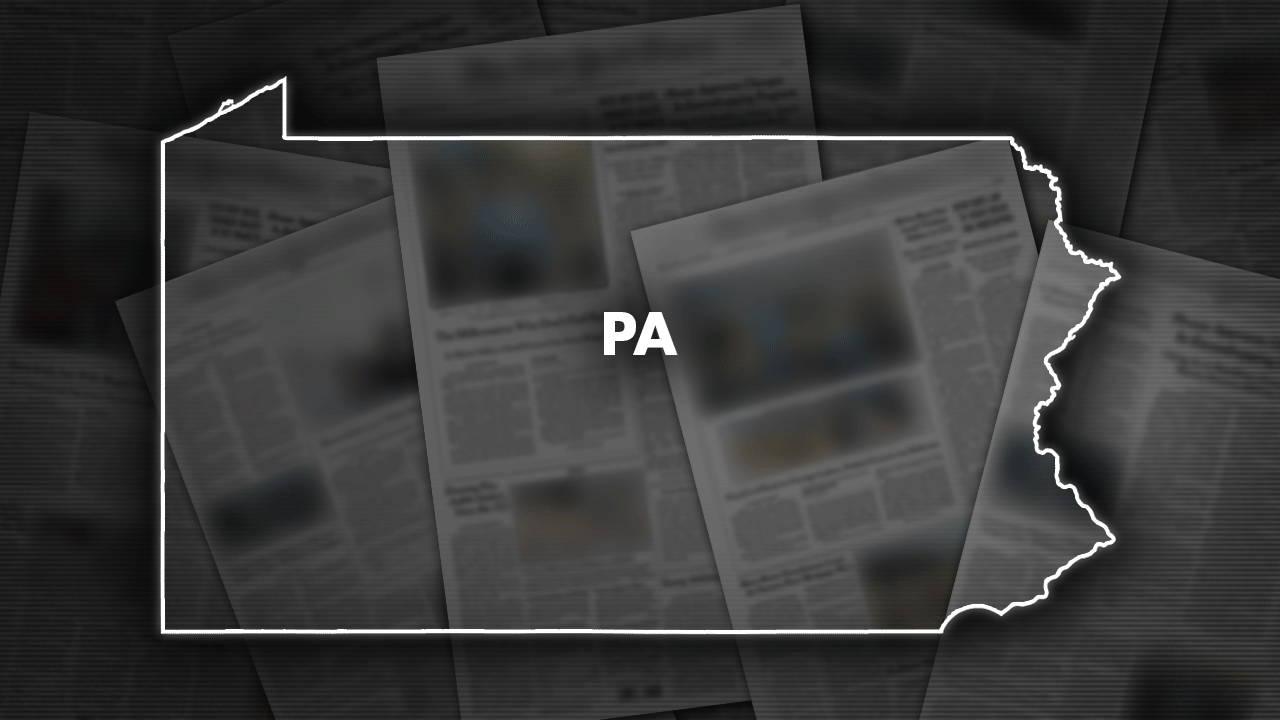
 English (US) ·
English (US) ·